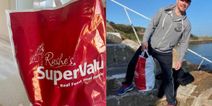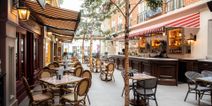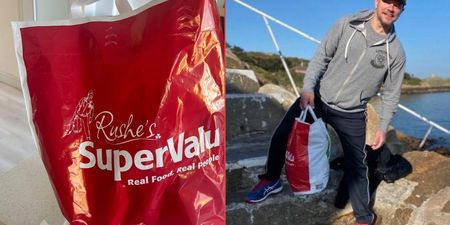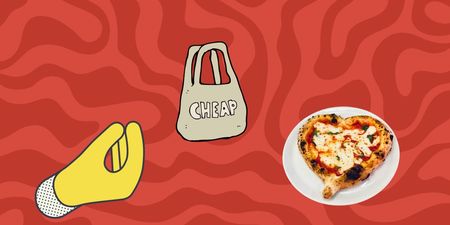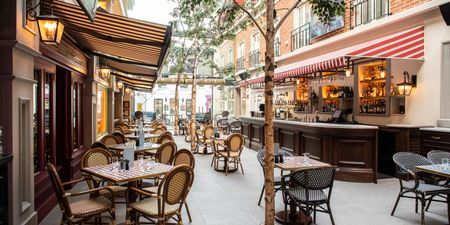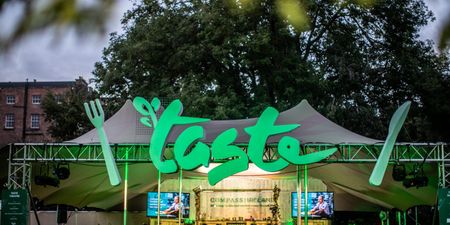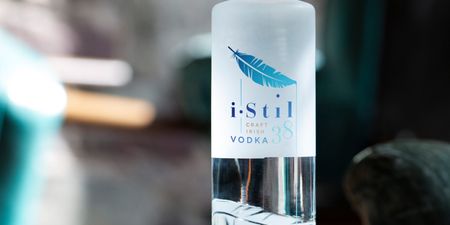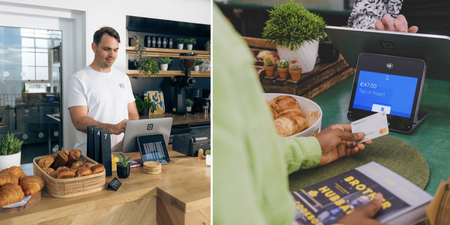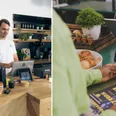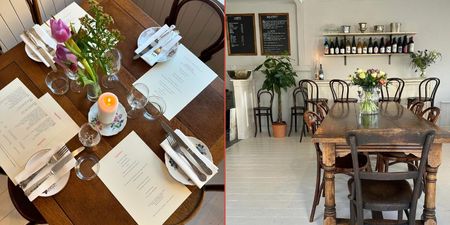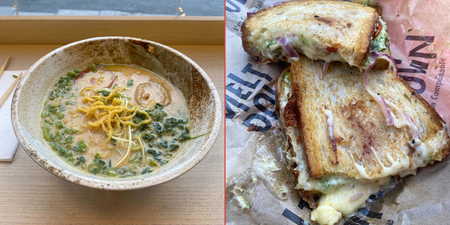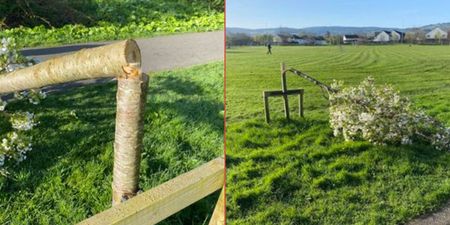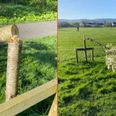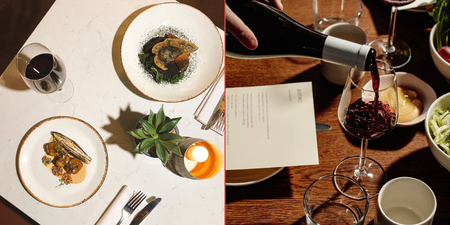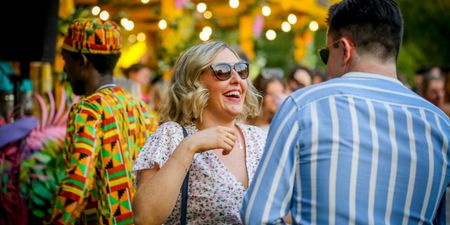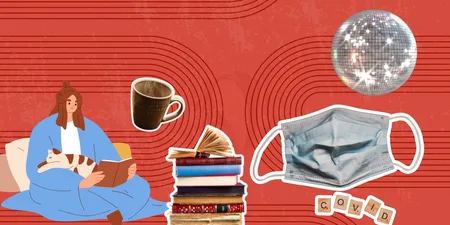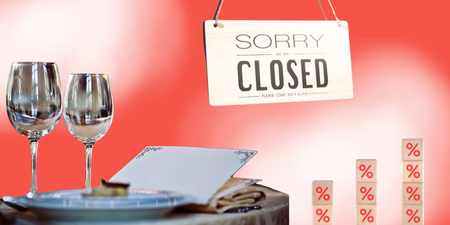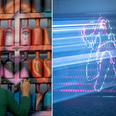This Christmas, we’ve teamed up with Focus Ireland to share some of the incredible stories from people who have experienced homelessness. In the first nine months of 2018 Focus Ireland helped more than 13,000 people, a 6% rise in a year. Focus Ireland prevents people from experiencing homelessness and helps those impacted by homelessness to find a stable home. These are personal stories, from childhood to adulthood, of loss, poverty, resilience and hope; stories that have been written as a result of collaboration between Catherine Dunne and Focus Ireland. We thank sincerely all those who have chosen to share their stories.
Elaine’s Story
‘I was in a residential home for several years when I was small,’ Elaine tells me, ‘but then I was moved to a foster home for a while before I came here.’
‘Here’ is Chéad Chéim, the Focus Ireland house that provides supervised accommodation for young people leaving the care system. It guides and supports each individual as they make the transition to fully-independent living. Located on the North Circular Road in Dublin, Chéad Chéim offers fourteen apartments, ranging from low- to medium-support options.
‘Making that transition was tough,’ Elaine says. ‘Particularly as I’d been having problems in my foster home.’ The world appeared to be filled with challenges, as it had already done for so many years, while Elaine moved back and forth between her family home and the care system.
She remembers how hard it was as a young child to ‘fully understand what was happening’ to her. Even though the staff in the residential home told her time and time again, she says, about how her mother wasn’t coping, about how she, Elaine, needed to be looked after, it was very hard to grasp.
‘I kept asking ‘why?’ Why can you not help my mum to keep me at home? Why do I have to be here, when she needs the help there?’ She felt completely bewildered. All she wanted was her mother.
Even today, she feels that her long-ago question is still a valid one.
When she was about thirteen, Elaine’s older sister left the residential home they were both living in at the time, without any warning. Elaine felt bereft. ‘We’d shared a room,’ she says, ‘and after she left, I just went into freefall. She was my family, the part of home I’d always had with me.’
She still remembers the presence of the empty bed in the room, and the pain she felt every time she looked at it.
Around the age of sixteen, Elaine became particularly attached to one of the staff members in her residential home. ‘She was a mother-figure to me’, she remembers, ‘and we became very close.’
Unknown to her at the time, this member of staff had been undergoing training as a foster-parent, in order to take Elaine into her own home. Looking back, Elaine says she can see how the entire staff tried gently, subtly, to prepare her for her next move into a family, and out of the residential home.
And while everything seemed to work in her new family for a while, and the children got on well enough together, Elaine said she always felt there was a gulf of misunderstanding between them. ‘Our backgrounds were so different,’ she says. And although everyone tried their best to help her overcome her feelings of not belonging, Elaine says that around that time something traumatic happened to her that made it impossible for her to stay on.
Elaine was the victim of a serious sexual assault when she was seventeen. She reported the crime, and the case was due to come to court. The whole experience was traumatic, she says. Elaine found it excruciating to go over the details of the sexual assault. ‘I felt a sense of shame,’ she says, ‘even though I know the attack wasn’t my fault.’
‘And then when it came to it, I was terrified of standing up in court,’ she says. ‘In the end, I just couldn’t go through with it. It was too much.’
After this experience, Elaine says she felt that the bond with her foster-mother was severed. ‘Not from her side,’ she says. ‘But after the whole awful experience, I just felt cut adrift from everyone.’
Elaine knew that her time in the care system was almost at an end: that at eighteen, she would need to move out, move on. ‘I thought I was ready,’ she says, ‘and that having my own place, my own space, would help. I was grateful for everything my foster-mother did for me – she was kind and generous – but I really wanted my own independence at that stage.’
And Chéad Chéim helped to give her that, she says. ‘The staff talk to you, they let you know what’s expected, and they don’t just push you into things. You get a trial of about a month, when you can get used to things gradually. You build up from a few hours, to staying the occasional night, to living here fulltime. Work with the staff and they’ll work with you.’
The trick is, she says, to ask for help. Take everything that is offered, because life often doesn’t give you a second chance.
Elaine is now studying fulltime. She wants to go into the area of healthcare, with particular emphasis on looking after children. Living in Chéad Chéim means she has more control over her days.
She makes sure her days are full. Her college course takes up a lot of time, and she is happy that she has ‘solid, solid friendships’, built around all of her activities. Some friendships date from primary school, some from recent years, and newer ones have been forged through mutual acquaintances. She keeps her place in Chéad Chéim clean and tidy and is excited at the prospect of getting her own apartment in the next few months.
‘I’m looking forward to shopping in Ikea to get all my bits and pieces,’ she says. Her face lights up at the thought. ‘Here has been extremely helpful, just to get me on my feet. It was terrifying at first, when I left foster-care. I worried about money and how I’d manage. But I have. Being here has taught me a lot about being independent, being in the outside world.’
Elaine is optimistic about the future. She is in contact with her mother and her foster-mother, and is close to one of her sisters. She is grateful that she got a good education, and that she is able to continue at college. ‘Education makes all the difference,’ she says. ‘It’s really important to have one.’ She’s doing her best to save for the future, too – budgeting is one of the skills she’s learned, and she values it greatly.
But above all, she values the companionship and the support of her network of friends. ‘They’re steady and mature,’ she says, ‘they have my back. And they make me laugh. I’m very lucky. I have no fears for the future.’
Every 8 hours a family is made homeless in Ireland. Together we can change this. Please help today by visiting focusireland.ie to make a donation, calling 1850 204 205 or Focus Ireland’s Instagram. Visit our hub for more information.
Note: All imagery sourced from stock.
